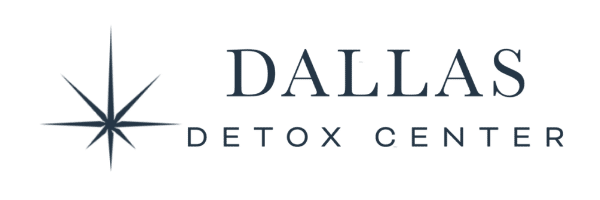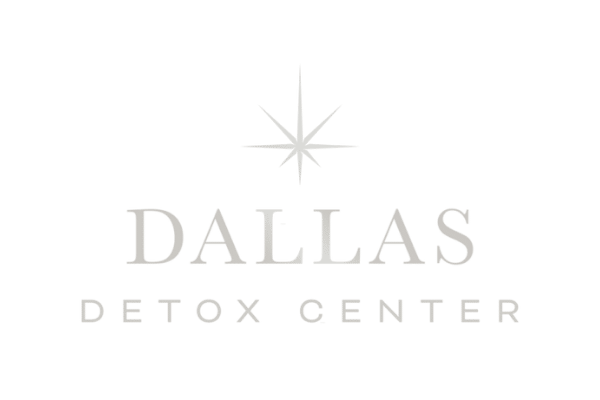If you or someone in your family is going through recovery, you might look for ways to improve the success of that recovery. Having a hobby in addiction recovery is one such way. Sober hobbies and sober activities make it much easier to engage with other people, relieve stress, and otherwise relax without the risk of drugs and alcohol.
What is the Importance of Having a Hobby in Addiction Recovery?
Having a hobby in addiction recovery is very important. You need someplace where you can apply your energies. But more important is having sober activities that move beyond just sitting around with friends and talking.
You need activities that force you to learn new things, help you achieve better mental health, get you outside and moving and improve your physical health as well.
What are Examples of Hobbies in Recovery?
Woodworking or Crafting
Having a hobby in addiction recovery should be something fun and something hands-on. The tactile engagement you get working with your hands is just one of the many benefits associated with things like woodworking crafting. Woodworking and crafting apply to a wide range of sober Hobbies you can cultivate. Crafts can include things like jewelry-making, sculpting, painting, other artwork, or building.
Activities like this require mental focus but not the same type of mental strain you would have to apply at work but rather a somewhat meditative focus that helps bring your mind to the present and alleviate stress.
Outdoor Activities
With outdoor activities, you will find a wide array of sober hobbies that you can include. Having a hobby and addiction recovery that forces you to focus on your physical health is particularly important. Physically challenging sober activities can be mentally beneficial in addition to physically beneficial because they push away thoughts of discomfort, anxiety, or depression and help you focus on the present.
This can include things like Yoga. Yoga brings with it a multitude of mental and physical health benefits, particularly during recovery. Yoga also encourages mindfulness and helps you accept the temporary reality of pain and discomfort.
Hiking is something that requires endurance. Hiking isn’t a short burst of energy but rather long-term, gradual increases in your insurance. Endurance is a more extended, long-term physical benefit from repeating similar tasks repeatedly and building strength within that repetition. Hiking, of course, brings with it a multitude of benefits from just being outside in nature.
Rock climbing is another great outdoor activity that focuses on building endurance, improving mental health, and teaching you to overcome and accept temporary challenges. Frustration, anger, and stress can all be channeled directly into the physical activity you are doing. Some studies indicate that the more challenging physical activity, the better the mental benefits for people in recovery.
Remember that not all sober hobbies have to be death-defying or physically challenging. You can do light climbing or go for walks with friends and family in your local area and still get benefits.
Volunteering
Having a hobby and addiction recovery should include a degree of socialization and building positive relationships. This is where volunteerism comes in. There are so many ways that you can volunteer in your local community.
Many websites are built to provide a comprehensive database of volunteer opportunities in your area. Each of these opportunities is divided by project type, so you can pick things nearby where you live, things that fall into a category of volunteerism you prefer, or even something you can do from the comfort of your home if you don’t have a car.
Sports
Sports can be a great way to have fun, be outside, engage with other people, and stay physically fit. Sports teams don’t have to be anything too extreme. They can be fun local frisbee golf teams or softball leagues for people over the age of 50. You can find groups in certain cities that are specifically for people in recovery so that you don’t have to worry about people judging you or finding out about your past, or pressuring you with drugs and alcohol.
How to Find Fun, Sober Hobbies
You can find fun, sober hobbies by:
- Using aftercare resources from your Texas rehab facility. At Dallas Detox, we can help you find community-based activities with other members who are working toward long-term recovery.
- Visiting local community centers or Chambers of Commerce to find out about exercise classes in the area, gardening clubs, Community choirs, or sports teams.
- Spending time with animals at wild animal rescue centers or local zoos. If you spend time in these areas, you are bound to learn about ongoing activities and volunteer opportunities.
Just remember that the more you try to find sober activities and engage with other people, the more likely that is to help connect you to other opportunities. Volunteering at a local animal shelter might introduce you to someone who is part of a local radio station or plays in a local sports team. Joining a sports team might introduce you to people who want to go on nature walks with you or like to visit art museums. Just remember to make honest goals, take things one day at a time, and find hobbies or sober activities that you like. Aftercare in Dallas, or other relapse prevention programs, is a vital aspect in recovery for most people. Let Dallas Detox help you find fun, sober activities for when rehab ends. Contact us today to learn more about our Dallas inpatient treatment programs.







